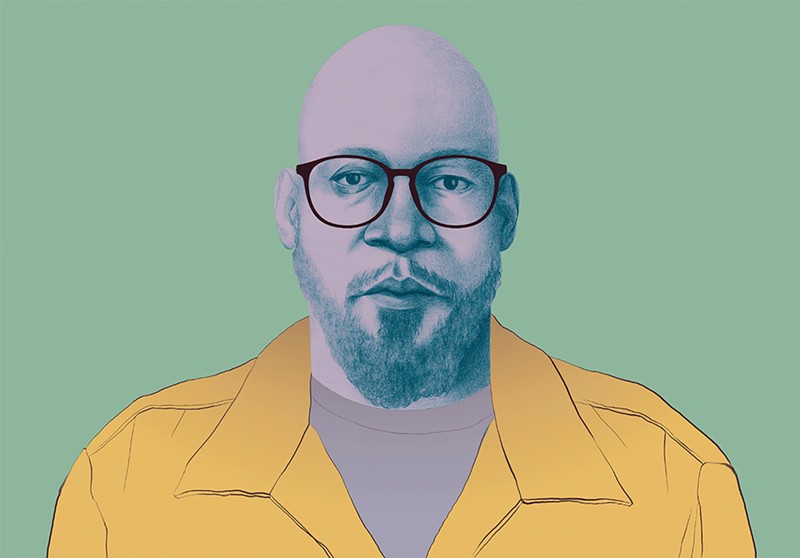
This story was commissioned by the River City Journalism Fund as part of its series Shadow of Death, which considers St. Louis County’s use of the death penalty.
The Gospel of John tells of Jesus chastising a crowd intent on stoning a woman to death. "He that is without sin among you, let him first cast a stone at her," the Bible records him saying.
The oft-quoted verse emphasizes a modern-day conundrum: Since everyone has sinned, no one is qualified to throw stones. That maxim could be applied today to a system driven by human flaws that sentences people to death, sometimes even when they're innocent.
According to the nonprofit Death Penalty Information Center, since 1973 at least 190 people who were sentenced to death in the U.S. have been exonerated.
The center states, "Given the fallibility of human judgment, there has always been the danger that an execution could result in the killing of an innocent person."
One Missouri case seems to be a textbook example of a perilously imperfect system where a defendant's race and socioeconomic status, coupled with prosecutors all too eager to get a conviction, led to an unjust death sentence.
Consider the story of death-row inmate Marcellus Williams.
* * *
On a warm, 72-degree night on August 11, 1998, Dr. Daniel Picus arrived at his gated University City home to a horrific scene. He found the lifeless body of his wife, Felicia Gayle. She had been stabbed 43 times with a butcher's knife.
By all accounts, the victim was a model citizen. Felicia (also known as Lisha) Gayle had been a St. Louis Post-Dispatch reporter. She left the newspaper in 1992 to pursue full-time volunteer work. The newspaper later described Gayle as "a kind and gentle woman who went out of her way to do nice things for people."
Although Picus put up a $10,000 reward for anyone with information about his wife's murder, the case went unsolved for almost a year. Then a man named Henry Cole was released from jail in June 1999. He went to University City police and told them that a man he shared a cell with had admitted the crime to him.
That alleged confessor was Marcellus Williams.
Laura Asaro, Williams' former girlfriend, claimed he had admitted the murder to her, too. Asaro directed police to the Buick LeSabre she said Williams had driven the day of the crime. In the trunk, detectives found Gayle's ruler and calculator. Police were also able to recover Picus' laptop from a man who said Williams had sold it to him.
Williams was no stranger to the criminal justice system. He had been previously convicted for burglary. At the time he was charged for Gayle's murder, the 29-year-old was serving time for armed robbery of a fast-food restaurant.
At Williams' 2001 trial, prosecutors alleged that Williams was burgling Gayle's home when she discovered him and, in response, he stabbed her repeatedly.
The jury deliberated less than two hours before finding Williams guilty. They recommended a death sentence. The judge also ordered Williams to serve consecutive terms of life in prison for robbery, 30 years for burglary and 30 years each for two weapons violations.
In time, the date of his execution was set: January 2015.





